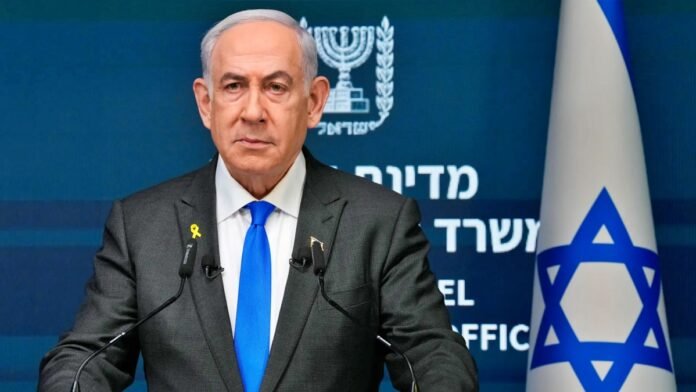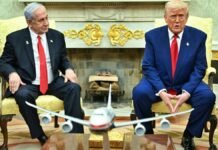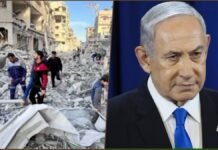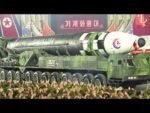
Key Points
- Israel launched a second wave of major airstrikes on Iran, targeting nuclear and military sites, killing at least 78 people, including senior commanders and nuclear scientists, and injuring over 350.
- Iran retaliated with Operation True Promise III, firing more than 150 ballistic missiles and over 100 drones at Israel, with several missiles striking Tel Aviv and causing civilian casualties.
- Israeli Prime Minister Benjamin Netanyahu issued a direct message to the Iranian people, calling for the end of the Islamic regime and invoking the legacy of ancient Persia.
- Netanyahu framed the conflict as both a fight for Israel’s security and a chance for Iranian citizens to rise against their government, referencing Persia’s historical greatness.
- The strikes have severely damaged Iranian air defenses and nuclear infrastructure, while both sides warn of further escalation.
- The historical context of Persia (now Iran) was invoked, highlighting its ancient legacy and the significance of Netanyahu’s references.
Telaviv: In a dramatic escalation of hostilities, Israel has launched a second wave of powerful airstrikes against Iranian military and nuclear facilities, marking one of the most significant confrontations in the region’s recent history. The Israeli Defense Forces (IDF) targeted critical nuclear enrichment sites and military bases across Iran, including in Tehran, Isfahan, and Natanz, using over 200 fighter jets in a meticulously coordinated operation.
Heavy Casualties and Devastation in Iran
Iranian officials report that at least 78 people were killed including top commanders of the Islamic Revolutionary Guard Corps (IRGC) and leading nuclear scientists while more than 350 were injured. The strikes also devastated residential neighborhoods, with eyewitnesses describing collapsed buildings and widespread panic in Tehran and other cities. Among the dead are IRGC commander Hossein Salami, Armed Forces Chief of Staff Mohammad Bagheri, and prominent nuclear scientists Fereydoon Abbasi and Mohammad Mehdi Tehranchi. Iranian state media confirm that both military personnel and civilians, including women and children, are among the casualties.
Iran’s Fierce Retaliation: Missiles Rain Down on Israel
In response, Iran unleashed Operation True Promise III, firing more than 150 ballistic missiles and over 100 drones at Israeli targets. Several missiles struck Tel Aviv, causing explosions near key military facilities and residential areas. At least one woman was killed, and around 60 people were injured, with further casualties reported as search and rescue operations continued through the night. Videos captured the chaos as interceptor missiles clashed with incoming projectiles over Tel Aviv’s skyline, and emergency crews worked to extract survivors from damaged buildings.
Netanyahu’s Message: “Persia Will Rise in Place of Iran”
As the conflict escalated, Israeli Prime Minister Benjamin Netanyahu delivered a direct video message to the Iranian people, framing the war not just as a security operation but as a historic opportunity for change. Netanyahu invoked the legacy of ancient Persia, calling on Iranians to “rise up” against the Islamic regime, which he described as “evil and oppressive”. He declared, “This fight is not just of Israel. This fight is of millions of Iranian citizens who have been suppressed under a cruel dictatorship for decades.” Netanyahu asserted that Israel’s actions are intended to “clear the path for you to achieve your freedom,” and suggested that the time had come for a new era a “new Persia” to emerge from the current turmoil.
The Historical Weight of Persia
Netanyahu’s references to Persia are significant. Historically, Persia was one of the world’s greatest empires, renowned for its cultural and political achievements before officially becoming known as Iran in 1935. The ancient Persian Empire, founded by Cyrus the Great in 550 BC, was a dominant force in the region for centuries and is remembered for its influence on world history. By invoking Persia, Netanyahu appeals to Iranian national pride and the hope for a return to a more open, prosperous, and free society.
What’s Next?
The situation remains volatile, with both sides warning of further escalation. Iran’s military has vowed continued retaliation, and Israeli officials have indicated that more operations may follow if necessary. The international community, including the United Nations, has called for restraint and a return to diplomacy, but with the region on edge, the risk of a broader conflict looms large.
l





















































